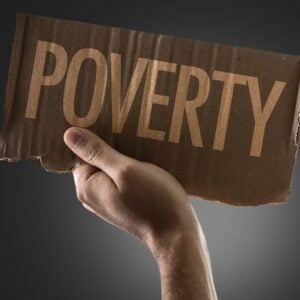Hundreds of thousands of Americans could be pushed into poverty next year due to price increases linked to President Donald Trump’s tariffs, according to a recent analysis by Yale University’s Budget Lab. The research projects that the overall number of Americans living in poverty could rise by between 650,000 and 875,000, depending on the poverty measure used. The tariffs, which have already generated billions in federal revenue, are expected to reduce purchasing power, increase consumer prices, and weaken overall economic activity.
The analysis highlights that the most vulnerable groups will likely include grocery, retail, and other blue-collar workers, who may face job cuts as businesses adjust to declining sales. Additionally, cuts to programs such as SNAP and Medicaid could exacerbate hardships for lower-income households, potentially affecting access to essential services, including rural hospitals and clinics.
Yale researchers based their projections on data from the 2023 Census Bureau Current Population Survey, combined with economic forecasts from the Congressional Budget Office. Using the Official Poverty Measure (OPM), which considers pre-tax income, the analysis estimates up to 875,000 people could fall below the poverty line, including 375,000 children. Using the Supplemental Poverty Measure (SPM), which factors in geographic differences and noncash benefits like SNAP and tax credits, the projection is approximately 650,000 people.
The report underscores that tariffs act as indirect taxes, reducing households’ real incomes and affecting spending differently across demographics. While the administration argues that similar policies previously drove economic growth and reduced wealth inequality, experts caution that the current tariffs could impose significant burdens on lower-income Americans.
The legal future of the tariffs remains uncertain, as the Supreme Court is set to hear arguments in early November regarding their legality, following appeals of lower court rulings that found the president exceeded his authority under the 1977 International Emergency Economic Powers Act.







